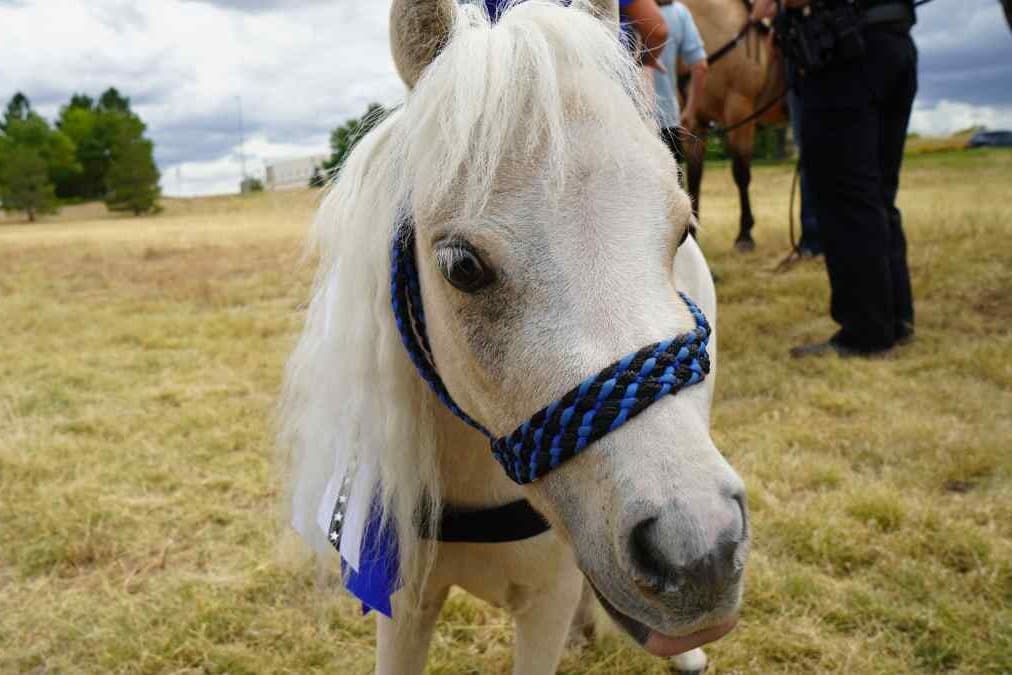
Colorado law says transgender girls can keep playing school sports, despite a group of school leaders trying to ban them — and the Trump administration going after states that allow athletes to play in leagues that match their gender identity.
The Colorado High School Activities Association, which governs high school sports in the state, says it does not have the authority to decide the issue.
The organization issued a letter Tuesday saying school leaders should be allowed to act in accordance with their own values, while “honoring the legal obligations that govern their institutions.” The organization acknowledges there is a conflict between state and federal law and says it will continue to monitor the situation.
This comes about a week after more than 60 school leaders signed a letter demanding that transgender girls be removed from girls’ sports.
“Parents, coaches, and athletes across our districts and schools have voiced growing concerns about fairness and safety, and we cannot stand idly by as their trust in our athletic programs erodes,” the letter says.
The letter continually refers to transgender girls as “males” or “biological males,” a framing that many transgender people find hurtful.
The signers included school board members from district schools, as well as leaders from charter and private schools. Like most signers, Andrea Haitz joined the letter in a personal capacity, not as president of Mesa County’s District 51 school board. In total, three of the board’s five D51 board members signed.
“I think we need to keep biological girls sports for biological girls and biological boys sports for biological boys,” Haitz said.
She said she has understanding for both sides of the issue and has “heart” for those who don’t agree, but that women have fought hard for the right to compete in sports.
Haitz hopes “to protect the work that we've done so much over the years for girls to have their own space and their own opportunities.”
Echoing the letter sent out decrying trans girls in sports, she said allowing them to participate in girls’ sports makes competition less safe and less fair. She worries about trans girls winning scholarships over cisgender girls or even injuring them.
That kind of thinking reinforces painful stereotypes, says One Colorado, a statewide queer advocacy group. In a statement, they say banning trans girls from girls’ sports “does not align with Coloradans’ values of equality, freedom, and joy.”
“Trans athletes deserve the same opportunities as anyone else to be part of a team and experience the physical, mental, and social benefits that come with athletic competition,” the statement says.
And Xavi Saenz, a trans man, drag performer and activist in Delta, has another worry.
“I mean, any kid in general, you take away something that they love, what's going to happen? You’ve left them no choice but to do something that’s not good for them,” he said.
A federal study found more than half of trans teens have tried to kill themselves. As they grow up, they are far more likely than their cisgender counterparts to be the victims of violent crime. Saenz believes that being on a team can help set trans kids on a positive path, allowing them to feel accepted, instead of feared and isolated.
“We are not scary people. We are not here to hurt anybody,” Saenz said. “We are the ones getting hurt. We are the ones losing our rights.”
The Trump administration has not announced any action over Colorado’s trans athlete law, but it is suing Maine over its similar law. And on Tuesday, Minnesota announced it was suing the administration over the move. Attorney General Keith Ellison said Trump’s recent executive orders amounted to bullying trans kids.
Funding for public media is at stake. Stand up and support what you value today.









